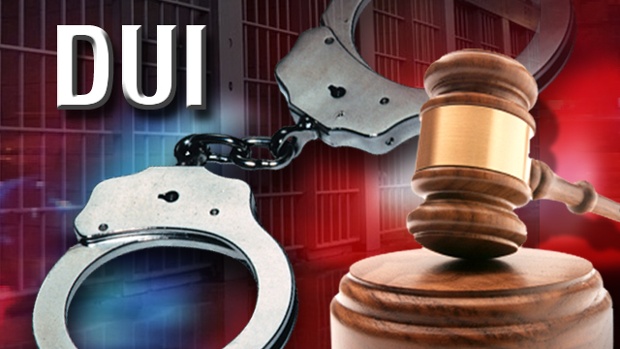
Contesting a speeding ticket can feel like maneuvering through a maze—one wrong turn and you could end up lost. However, with the right approach, you can find your way through the process effectively. Understanding the steps to challenge your citation can make all the difference. What evidence do you need to gather? How can you prepare for your day in court? Let's explore the critical actions you should take to build a strong case.
Receiving a speeding ticket can feel overwhelming, but contesting it's a viable option that many drivers successfully pursue. The first step in this process involves carefully reviewing your citation. Understand the specific speeding charge and examine all relevant details. Familiarize yourself with the speed limit laws in your jurisdiction, as this knowledge can greatly impact your case. If there are any mitigating circumstances mentioned on the ticket, make note of them, and consider whether the officer followed proper procedures when issuing the citation. Additionally, look for any technical issues, such as incorrect information, that may undermine the validity of the ticket. A traffic lawyer's expertise can provide invaluable assistance in navigating these complexities.
Receiving a speeding ticket can be daunting, but understanding your citation is the first step to contesting it effectively.
Once you've grasped the violation, it's time to gather evidence. Photos or videos of the area where the ticket was issued can serve as valuable support for your case. If applicable, obtain witness statements to bolster your argument. If you have GPS data or other apps that can help prove your speed, gather that information as well. Be mindful of road signs or conditions that may have contributed to your perceived speeding, and note any potential issues with the speed-measuring devices that were used. Remember that the method the officer used to determine speed can be crucial in your defense.
Preparing for court is essential to your success. If possible, delay the hearing to allow yourself more time to gather evidence. Research the equipment used to measure speed for potential weaknesses, and prepare questions to ask the officer regarding their training and memory. Familiarize yourself with local traffic court procedures to guarantee you meet specific requirements. If the stakes are high, consider hiring a traffic attorney who can guide you through the process.
If you choose to write an appeal letter instead, be sincere in your apology for the infraction. Outline any mitigating circumstances or extenuating conditions that may warrant leniency. Address any inaccuracies in the ticket or the officer's statement, and include relevant evidence to support your claims. Maintain a respectful tone throughout the letter, as professionalism can go a long way.
Negotiating with the prosecutor is another avenue worth exploring. Check if mitigation is allowed in your jurisdiction, and prepare a case for leniency, especially if it's your first offense. Offer to attend a driving course as an alternative to penalties, and be ready to negotiate the fine or charges. Remember that any mitigation must be approved by the court.
When appearing in court, present your evidence clearly and concisely. Make a logical argument to support your case, and be prepared to respond to questions from the court. Tough questioning from the prosecutor may arise, so stay composed and follow all court instructions and rules.
Finally, after the hearing, keep thorough records of all communications and documents. Complete any court requirements, such as fines or courses, and monitor any changes in your insurance rates post-issue. Follow up to check whether the ticket affected your record, and if the verdict is unfavorable, consider appealing. By following these steps, you increase your chances of successfully contesting your speeding ticket.
Conclusion
To summarize, contesting your speeding ticket can be a worthwhile endeavor if you believe you have a valid case. By gathering evidence, understanding local laws, and preparing for court, you increase your chances of a favorable outcome. Remember, many speed measurement devices can be flawed, and officers may not always follow proper procedures. Your attention to detail and commitment to presenting a clear argument can make a significant difference in the outcome of your hearing.
